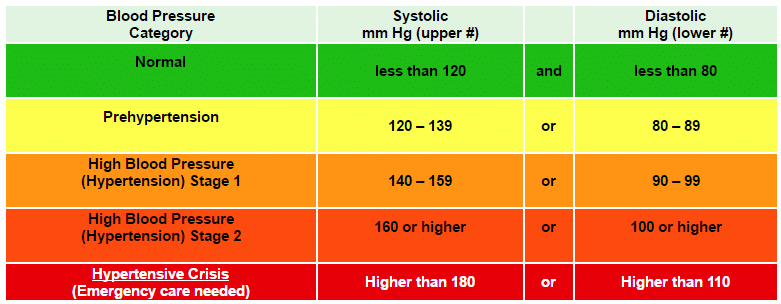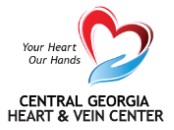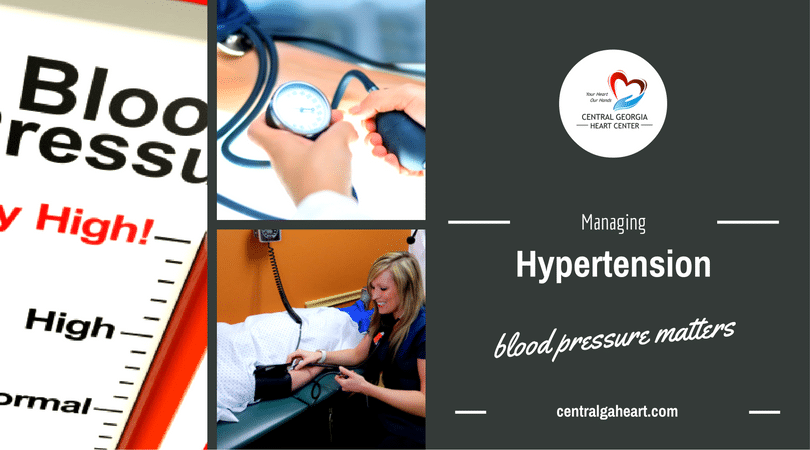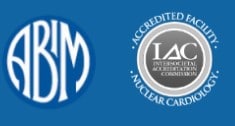Hypertension is also known as high blood pressure. Your blood pressure is the force with which your blood pushed on your blood vessels. Basically, it is how forcefully your heart is working is to pump blood. This can depend on a variety of factors including the stiffness or resistance of those vessels. Normal blood pressure depends on age, weight, and activity level. The healthy range for one is not always the same for another.
Hypertension is defined as blood pressure that is higher than 140-90 mmHg. This means the
pressure from your heart pumping blood vs when your heart relaxes and refills with blood is stressed. Simply put, your heart is working too hard. 
What causes Hypertension?
A variety of factors can play into high blood pressure. This includes smoking, binge drinking, too much stress, being overweight or other health issues. Hypertension is extremely common and often goes unaddressed. When unchecked, it can cause coronary artery disease or worse like a heart attack.
How can you manage Hypertension?
The first step is being diagnosed. If you have not had a routine physical in over a year, it is time. Getting a check up on your weight and blood pressure is extremely important. If you are diagnosed, your cardiologist will begin a treatment plan. Treatment can include the following:
- Weight loss- This is almost always the first treatment plan. Too much weight leads to stress on your entire body. Seek a nutritionist or healthy eating information from your heart specialist.
- Regular exercise- Moving your body helps to relieve stress and strengthen your heart. You should aim for a minimum of 3-4 workouts for 30 min each week. If you are at risk for heart complications, speak with your doctor about where to start.
- Give up alcohol and cigarettes- Both are major depressants for your body. Excess of smoking and drinking can cause irreparable heart, lung, and liver issues.
- Learn to cope with stress- Coping with daily and major stressors is a big favor to your heart. A few ways to cope can include exercise, managing your expectations, including daily relaxation time, and surrounding yourself with a support system.
- Medication- If your cardiologist deems it necessary you may be given hypertension medication. Medication can do many things.
- Diuretics will reduce sodium in your body to help reduce blood volume.
- Beta Blockers reduce the stress on your heart and help it work more efficiently.
- Ace Inhibitors help relax your blood vessels.
- Other medications may include calcium blockers, Angiotensin II blockers, and Renin inhibitors.
Hypertension can be prevented and treated. It is important to seek routine care as hypertension may have no symptoms. Contact Central Georgia Heart Center today to make an appointment with your cardiologist. Or speak with your primary care manager about a referral.





